EVfriendly Automotive Recycling Facility
- Home
- Recycling
Automotive Recycling Facility
A Program Developed by the Automotive Retailers Association and its Strategic Partners
Becoming an EVfriendly -Auto Recycler assures your customers that you and your employees are trained and qualified to recycle EVs and EV batteries in a responsible and safe manner.
The following slide presentation details best practices to deploy as an EVfriendly Auto Recycler.

Best Practices for Vehicle Dismantling & Recycling
What is EVfriendly ?
Today, with the rapidly increasing number of hybrids, plugin hybrids, and all-electric vehicles being purchased by consumers, it is only a matter of time before these vehicles find their way to your auto recycling facility, if they have not already done so.
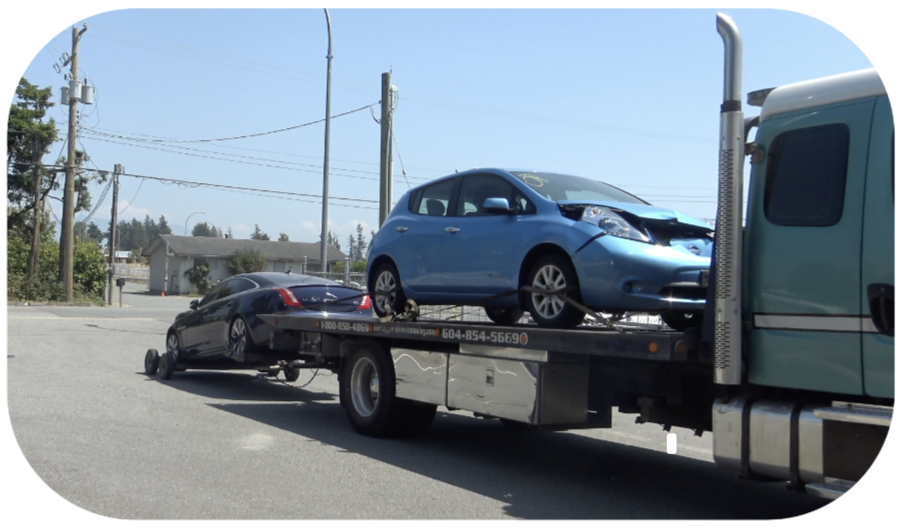
What is EVfriendly ?
The number one concern is safety. Battery voltage is invisible, and employees working with EVs, especially damaged ones, must be trained in the safety protocols to protect themselves and the vehicle from a catastrophic failure.
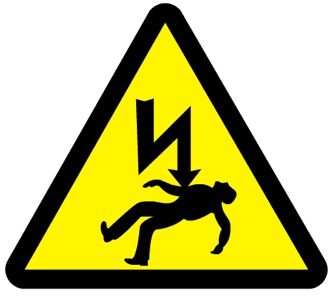
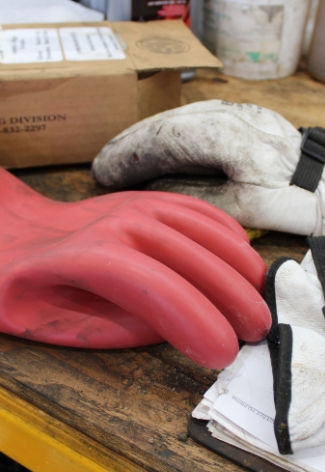
What is EVfriendly ?
Without the proper training, employees can inadvertently damage the vehicle’s electrical systems and risk injury, or even death from electrocution.
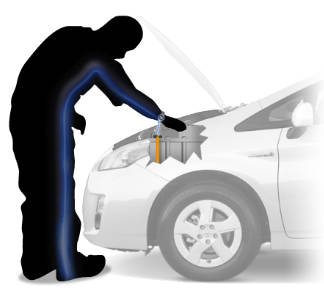
That is a liability you want to avoid at all costs.
What is EVfriendly ?
Besides, you want to protect your investment and the value of your inventory.
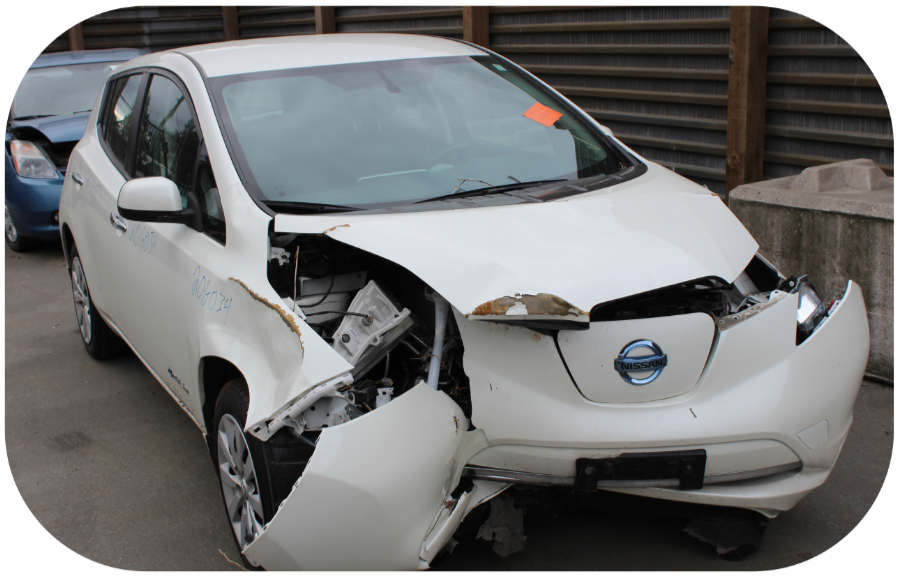
That means investing in the training and equipment necessary to properly receive, store, and dismantle these vehicles.
EVfriendly Training
Online training is available on the ARA Training Centre of Excellence website.

The courses are for automotive dismantling technicians or anyone who works with electric vehicles in the yard, in the shop, or handles the parts.
EVfriendly Training
The EVfriendly Auto Recycler Level One and Level Two courses cover:
- EV overview
- Understanding EVs
- High-voltage batteries and components
- EV design
- Hazards and emergency response
- Receiving an EV into inventory
- Safety protocols for working on or near EVs
- Storage of EVs and HV components
- Shipping EV components

EVfriendly Training
The Level 1 course is designed for management, parts persons, delivery drivers, shipping and receiving and inventory management personnel, and dismantlers.
The Level 2 course is designed for eceivers, dismantlers, inventory specialists and anyone performing battery tests. It is recommended for all other employees.

EVfriendly Auto Recycler Best Practices
In addition to fulfilling employee-training, EVfriendly suppliers maintain business best practices within a number of standards.
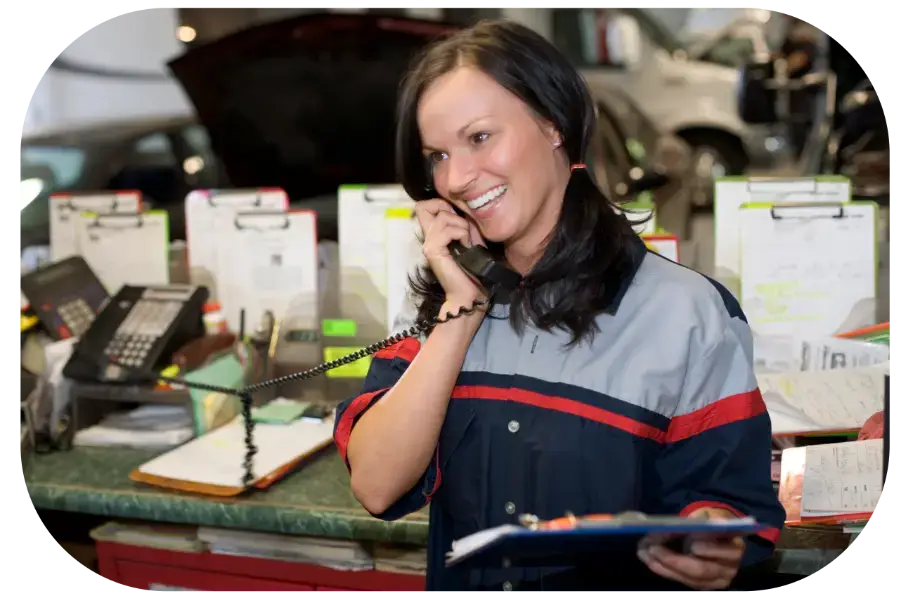
EVfriendly Auto Recycler Best Practices
In addition to fulfilling employee-training, EVfriendly suppliers maintain business best practices within a number of standards.
| Standard | Best Practice |
|---|---|
| Best Practice | The auto recycling facility is a full-time business in a permanent structure at a fixed location open during normal business hours (all EVs are processed/dismantled at the registered onsite facility). Facility is properly zoned for use as a recycling/ dismantling facility and has either a municipal business license or land use agreement. |
| General facility | Battery storage area and general facility meets all safety requirements. See OHS Responsibilities and Industry-Supported Safe Work Practices for the Handling, Dismantling, Storage and Transportation of Electric Vehicles and High-Voltage Batteries available from https://ohs.ara.bc.ca and recycler training available from https://training.ara.bc.ca. |
EVfriendly Auto Recycler Best Practices
In addition to fulfilling employee-training, EVfriendly suppliers maintain business best practices within a number of standards.
| Standard | Best Practice |
|---|---|
| Insurance | The mechanical repair facility has a minimum level of $2,000,000 in liability insurance garage policy. |
| Compliance | The facility adheres to applicable federal, provincial, and municipal acts, regulations, and standards, including health and safety (includes Hazardous Waste Regulations sections 3-17, Vehicle Dismantling, and Recycling Industry Environmental Planning Regulations). |
| HV Battery & Powertrain Warranty | The facility offers at least a four-month warranty on battery (stipulates that repair facility will test battery and record capacity (State of Health) prior to installation). Provide a six-month warranty on batteries to EVfriendly repair facilities. Training will be provided in testing HV batteries and equipment but investment in equipment will be optional at this point. Optional: Battery warranty does not apply to batteries used for second-life purpose (e.g. secondary energy storage). |
EVfriendly Auto Recycler Best Practices
| Standard | Best Practice |
|---|---|
| Training | Only staff with EV work with or around EVs. Training is available online through the ARA Training Centre of Excellence, at https://training.ara.bc.ca. Training is a must for any worker working directly with EVs (e.g. any one receiving, inventorying, dismantling, and parts removal, parts sales, shipping, or handling a EV. |
| Training | EVfriendly Recycler Level 1: for management, partsperson, delivery driver, shipping and receiving, inventory management, and dismantlers. EVfriendly Recycler Level 2: dismantling training and battery testing – for receivers, dismantlers, and inventory and battery testers. Recommended for all other employees. |
| Records of Training | Records of all employee training should be maintained. |
EVfriendly Auto Recycler Best Practices
| Standard | Best Practice |
|---|---|
| TGD Training | It is recommended that at least one person (shipper) completes TDG (Transportation of Dangerous Goods) certification. |
| Training | Only staff with EV work with or around EVs. Training is available online through the ARA Training Centre of Excellence, at https://training.ara.bc.ca. Training is a must for any worker working directly with EVs (e.g. any one receiving, inventorying, dismantling, and parts removal, parts sales, shipping, or handling a EV. |
| Equipment | Employees use proper personal protective equipment (PPE) for handling and dismantling of EVs. PPE defined in OHS Responsibilities and Industry-Supported Safe Work Practices for the Handling, Dismantling, Storage and Transportation of Electric Vehicles and High-Voltage Batteries, available from https://ohs.ara.bc.ca, and recycler training, available from https://training.ara.bc.ca. Other equipment requirements include anything related to the proper storage, testing, and transport of batteries. |
| Environmental OHS Management Plan | Has developed a plan for identifying the risks of handling, transporting, storing, and disposing/recycling of badly damaged electric vehicles and to document the actions required to mitigate these risks. |
EVfriendly Auto Recycler Best Practices
Emergency Response Plan
The facility commits to communicating and training employees in emergency response and evacuation procedures.
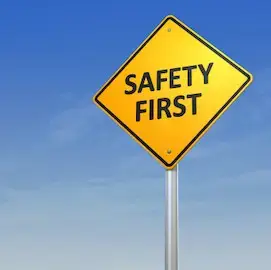
EVfriendly Auto Recycler Best Practices
Safety Standards
The facility complies with all applicable safety standards as set out in OHS regulations and OHS Responsibilities and Industry-Supported Safe Work Practices for the Handling, Dismantling, Storage and Transportation of Electric Vehicles and High-Voltage Batteries, available from https://ohs.ara.bc.ca.
EVfriendly training
EVfriendly Recycler Level 1 trainingFor all managers, parts persons, delivery drivers, shippers and receivers, inventory management and dismantlers.
EVfriendly Recycler Level 2 trainingFor all receivers, dismantlers, inventory managers and anyone testing batteries (recommended for all other employees).
These courses are available on the ARA Centre of Excellence.
Courses